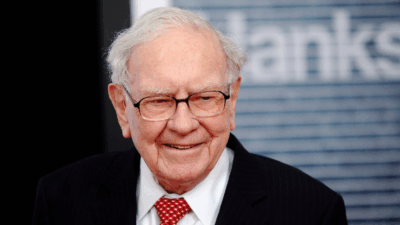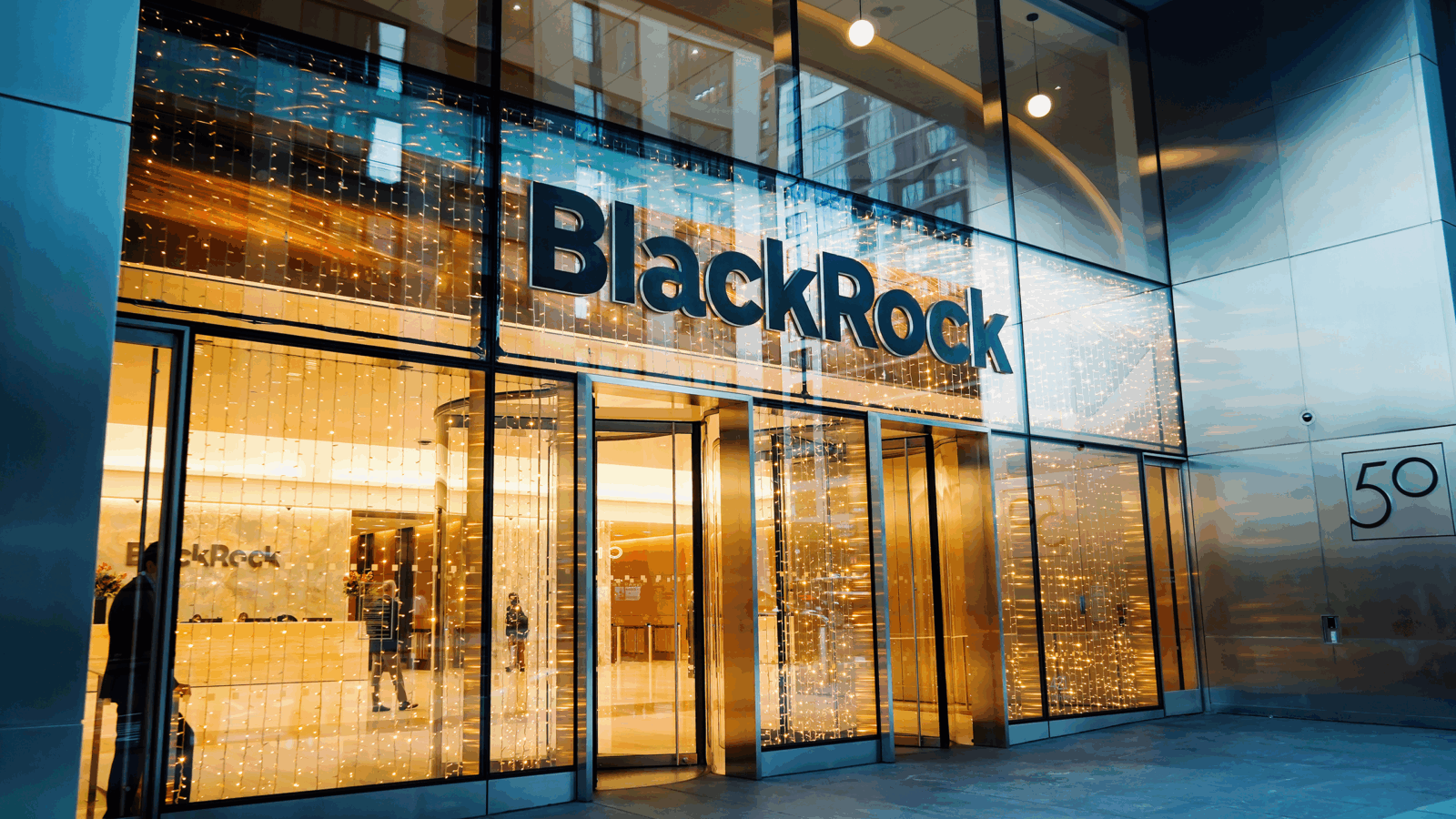Retirement-Platform Giant Turns On Private Markets Tap
Retirement plan provider Empower is making private market investments available to participants with help from some Wall Street titans.

Sign up for smart news, insights, and analysis on the biggest financial stories of the day.
Private credit, equity, and real estate markets won’t have to rely on the assets of the very wealthy for much longer if the broader investing public starts to buy in.
Empower, the second-largest retirement plan provider in the US, said on Wednesday it would make private market investments available to its 19 million participants with the help of a consortium of Wall Street’s Who’s Who. They include Apollo, Franklin Templeton, Goldman Sachs, Neuberger Berman, PIMCO, Partners Group, and Sagard.
Do It For Me
Private equity, private credit, private real estate, and other alternative investments have been historically reserved for institutional investors and the ultra-wealthy, in part because funds carrying those types of assets have required high minimums, long time horizons, and some level of professional savvy to navigate their complex structures. That appears to be changing with more fund managers teaming up with alternative asset managers:
- State Street and Apollo launched a first-of-its-kind private credit ETF.
- Vanguard, Blackstone, and Wellington Management have teamed up to develop more multi-asset investment products, the first of which could be an interval fund holding a mix of public and private investments.
- Capital Group and KKR launched two public-private funds focused on the fixed income space.
The arrival of private-asset “democratization” would appear timely. Initial public offerings (IPOs), a payout avenue for private markets investors, have been put on ice amid the market hurly burly; institutional investors have hit their limits on private equity allocations lately; and individually managed retirement accounts and defined-contribution 401(k) plans have virtually zero exposure to private markets.
A major selling point of private assets is their potential to generate double-digit returns — an enticing proposition for investors who have squeezed all the juice out of public markets and want more. At the same time, alternative investments typically mean higher fees, lower liquidity, and less public disclosure. Read: Harder to figure out, though advice models and ETF wrappers make them more approachable.
Make Cakes: The push to make private market investments available to all is reminiscent of the invention of prepackaged cake mix in the 1930s and its boom in the late 1940s. The first effort came from a Pittsburgh canning company making use of a molasses surplus. The second wave followed the end of WWII, when flour companies pivoted the dry mixes they made for troops to housewives. Easy-make alternative returns look pretty on the box, but results will vary.











